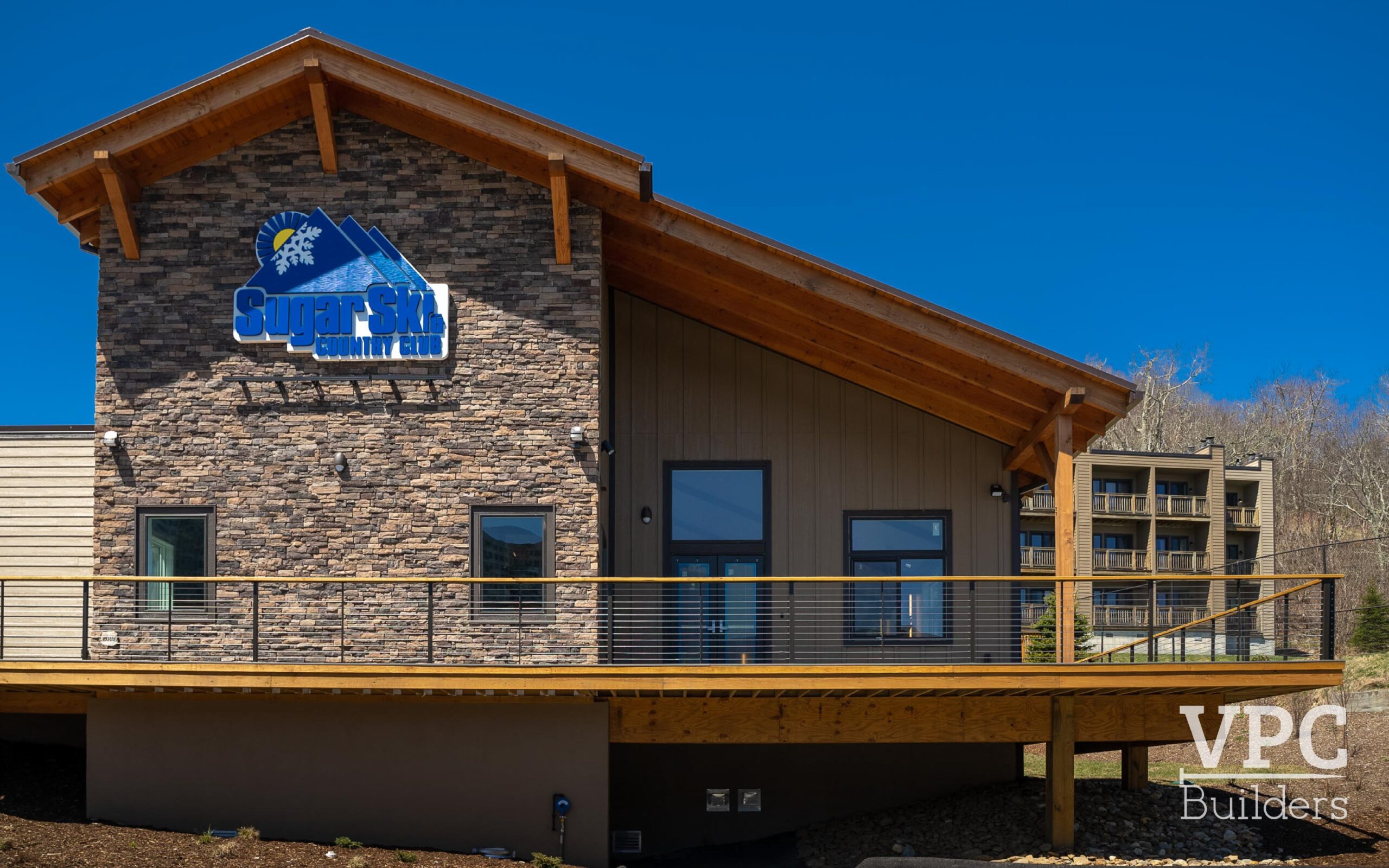Understanding the value, impact, and ROI of sustainable commercial construction
Green Certification for Buildings: More Than a Trend
For today’s commercial developers, property managers, and business owners, sustainability has shifted from “nice to have” to an all-out business imperative. Whether you’re building a new facility, expanding a campus, or upgrading an existing property, green certification for buildings offers a way to future-proof your investment while minimizing carbon footprints and appealing to eco-conscious partners and clientele.
If you’re looking for proven experts in green certification for buildings in North and South Carolina, you’ve come to the right place—contact VPC today to learn more.
What Is Green Certification for Buildings?
A green certification is a third-party system that evaluates and verifies a building’s sustainability, energy efficiency, and environmental impact. While there are many programs globally, a select few dominate the U.S. commercial landscape—you’ll likely recognize names like LEED and ENERGY STAR.
Why should this matter to you? Simple—green building certifications like these offer more than just environmental benefits. They provide real value in long-term cost savings, occupant health, and market appeal. If you’re considering commercial construction or renovation, understanding the role of green certification can help you make smarter, more strategic decisions. Here’s what you should know:
LEED (Leadership in Energy & Environmental Design)
LEED, which stands for “Leadership in Energy and Environmental Design,” is the most widely recognized green building certification in the world. Developed by the U.S. Green Building Council, LEED assesses buildings on criteria like water efficiency, indoor environmental quality, materials usage, and energy performance.
Why LEED certification matters for your project:
- Offers tiered certification levels for varying capabilities
- Enhances a building’s reputation and marketability
- Increases eligibility for tax incentives and grants
- Demonstrates your commitment to sustainability
ENERGY STAR
Managed by the United States Environmental Protection Agency, or EPA, ENERGY STAR certification focuses specifically on a building’s energy efficiency. In order to qualify for this certification, a commercial building must earn a score of 75 or higher, indicating that it performs in the top 25% of similar facilities nationwide.
How ENERGY STAR affects your building project:
- Directly reflects energy cost savings
- Provides an attainable metric for efficiency
- Recognized by tenants and consumers alike
- Often used in conjunction with LEED and other green programs
Other Certifications to Know
While LEED and ENERGY STAR are certainly the most popular, they’re by no means the only viable options available in green certification. For buildings with more diverse industries and capabilities, it may be worth looking into alternatives like:
- WELL Building Standard, which prioritizes occupant health and well-being through air quality, lighting, and ergonomics
- Green Globes, which offers a more flexible alternative to LEED tailored to different building types and budgets
- Living Building Challenge, one of the most rigorous sustainability programs, suitable for innovative projects with aggressive goals
Another important factor to keep in mind: most of these certifications are not mutually exclusive. Many of them can be attained simultaneously for compounded benefits.
Why It Pays Off to Build Green
It’s no secret that building green can be tricky. While green building features may involve higher upfront costs in design, materials, or construction methods, the long-term returns are compelling. With the right team behind the wheel, green-certified commercial projects can expect to see:
1. Lower Operating Costs
Energy-efficient systems, better insulation, water-saving fixtures, and renewable technologies all work in tandem to reduce monthly utility bills. On average, LEED-certified buildings have been shown to use between 20 and 30% less energy than typical buildings.
2. Higher Tenant Retention & Marketability
Green buildings appeal to environmentally conscious tenants, clients, and consumers. In office, retail, and hospitality industries, occupants increasingly prefer (and are willing to pay more for) spaces that align with their sustainability values.
3. Better Indoor Environments
Certifications often require improvements to indoor air quality, lighting, and thermal comfort. This, in turn, results in healthier, more productive workspaces—especially important for offices, healthcare settings, and schools where sick days can set back important schedules.
4. Access to Incentives & Financing
Green-certified buildings frequently qualify for local, state, or federal tax incentives, utility rebates, or preferential financing terms. Over time, these programs can offset initial green building costs significantly.
5. Increased Property Value
Green-certified buildings consistently outperform their non-certified counterparts in resale value. Certification signals quality and efficiency, which translates into real asset growth. In short, building green is an excellent way to future-proof your investment.
Green Building in Action: What It Looks Like
At VPC Builders, we work alongside our commercial clients to design and build sustainable facilities that meet both the requirements of certification and your real-world performance goals. We do this through innovative methods like:
- Sustainable Materials: We source low-VOC, recycled, and local materials to reduce a building’s environmental footprint without compromising durability or aesthetics.
- Advanced Energy Systems: From LED lighting to solar panels, we incorporate technologies that reduce long-term energy use and minimize utility bills.
- Smart Building Design: Strategic orientation, daylighting, and passive ventilation help reduce mechanical loads and improve comfort for occupants.
- Construction Waste Management: We divert waste from landfills wherever possible, which contributes to LEED points while reducing the project’s overall footprint and long-term environmental impact.
Discover What Green Certification Means for You
Whether you’re a developer seeking higher returns, a property manager focused on operating costs, or a business owner building a flagship facility, green certification is likely a great fit for your long-term goals.
At VPC Builders, we make sustainable construction approachable, cost-effective, and aligned with your business objectives. We’ve got decades of experience helping clients pursue LEED, ENERGY STAR, and other certifications, and we can do the same for you. If you’re thinking long-term—and planning to attract tenants, reduce overhead, or position your company as a responsible leader—green certification is easily worth the investment.
Learn more from the Carolinas’ certified-green team. Contact VPC Builders today.

